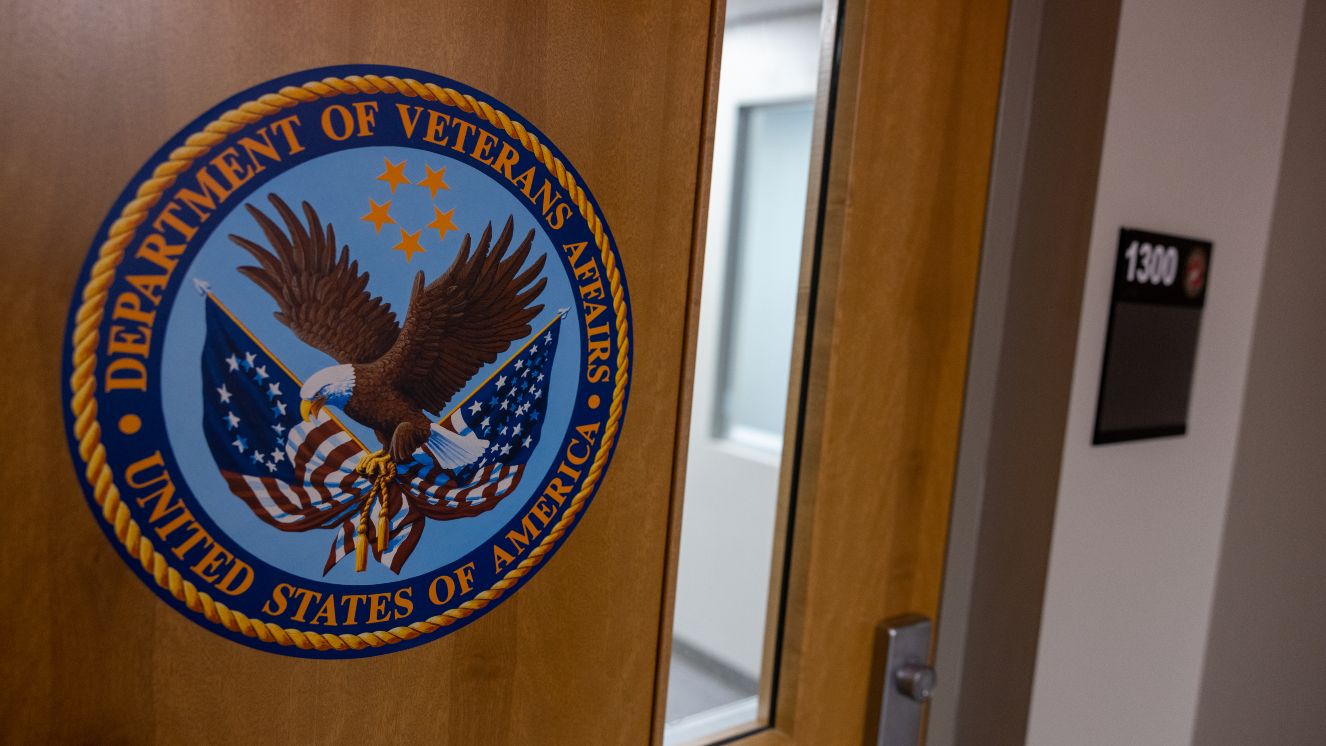13 TERMINAL LEAVE FAQS AND REALLY GOOD ANSWERS FOR THEM
COMMENT
SHARE

We’re guessing you are here because the end is near for your active-duty military service — and “terminal leave” (whether from the Air Force, Army, Marine Corps, or Navy) is all you can think about. Is that correct? If so, hopefully, some of these 13 frequently asked questions — and their answers — will help you have an easier time separating from the military. Good luck!
13 Terminal Leave FAQs and Really Good Answers for Them
1. What is Terminal Leave?
Terminal leave, sometimes called transitional leave, is the final leave granted to a member of the armed forces just before discharge, equal to the total unused leave accumulated during active service. For all intents and purposes, you are out of the military. With terminal leave, you can expect to complete your administrative out-processing and then turn in your gear and your military I.D., just like anybody getting out of the service. On terminal leave, you continue to receive your pay and other benefits, but you aren't required to report back to your duty station. Many service members plan to use the maximum amount of time to create a smoother transition into civilian life. During this time, you’re able to look for a job, plan to move to another home or city and handle other concerns.
Terminal Leave Policies
- Army: AR 600-8-10
- Air Force: Air Force Reg 36-3003 (6 June 2019)
- Marine Corps: Order 1050.3J
- Navy: NAVCOMPT 3065
2. How is Terminal Leave Accrued?
Terminal leave is accrued like all other leave in the military: A service member accrues two and a half days of leave per month of active-duty service. Guard and Reserve members on active status also accrue this leave. Thus, one year of active-duty service accrues 30 days of leave, which may be used as:
- Emergency leave
- Ordinary leave
- Terminal leave
3. How is the Covid-19 Pandemic Affecting Leave Accrual?
The U.S. Department of Defense (DOD) has made special adjustments for accrual. The DOD knows that leave is essential to the health and welfare of the force, and that the Covid-19 pandemic has significantly reduced service members’ ability to take leave. In April 2020, the DOD authorized service members to accrue and retain an additional leave balance of up to 120 days. Members performing active service from March 11 to September 30, 2020, can accrue leave up to 120 days and retain unused leave until September 30, 2023.
4. When Can I Request Terminal Leave?
You can request leave at any time. However, approval is at the discretion of your command, and it’s based on various factors, including operational requirements.
5. When Are the Best Times to Use Terminal Leave?
The “best” time to take terminal leave is also the only time — before your ETS — but also if you are job or home hunting. Your ETS (expiration–term of service) is listed on your contract, and on your ETS date, you’re free to leave the military.
6. When Can I Use Terminal Leave Before I Separate?
You can use your time at the end of your service — before your ETS — pending command approval.
7. Why Should I Use Terminal Leave Before I Separate?
You can get a head start on your post-military life. By using terminal leave at the end of your service, you’ve already out-processed and you’re not required to report for duty. You will receive full pay and allowances (including your Basic Allowance for Housing [BAH] and Basic Allowance for Subsistence [BAS]) rather than just basic pay. This is an excellent platform to start making the moves you need to start building your new life!
8. Why Shouldn’t I Use Terminal Leave Before I Separate?
It’s more money in your pocket. If you don’t use it, you can sell your accrued time back to the government at the end of your service.
9. Am I Able to Get Terminal Leave Pay if I Start a Non-Military Job Before Separation?
Yes. According to U.S. Code § 5534a: “A member of a uniformed service who has performed active service and who is on terminal leave pending separation from, or release from active duty in, that service under honorable conditions may accept a civilian office or position in the Government of the United States, its territories or possessions, or the government of the District of Columbia, and he is entitled to receive the pay of that office or position in addition to pay and allowances from the uniformed service for the unexpired portion of the terminal leave.” Note:Only your military compensation is sheltered from state income tax. Income from your new job would be taxable.
10. Should I Sell Back My Terminal Leave?
Yes. No. Maybe. Sorry, but there’s no one-size-fits-all correct answer to this question. Really, it all depends on you. The main thing to know is you can only sell back up to 60 days of leave over the entire span of your military career. Enlisted troops can sell back leave when they leave the military with an honorable discharge. Officers can sell back leave only when separating from the military under honorable conditions. So, would you rather use the leave time to secure a new job, find new housing or to take a vacation? Or do you already have some of those plans lined up for later and want the extra pay? Having the time or money is your choice. Note: Check with your commander to determine if the Covid-19 pandemic may have affected the limit on how much leave you can sell back. You can also check the latest DOD guidance on the pandemic.
11. How Do I Calculate the Terminal Leave Money I Can Get?
Terminal leave is valued at 1/30 of base pay per day cashed in. However, taxes are also withheld from your final payment at the rate of 25% for federal tax and varying amounts for state tax! Although you can still receive BAH or BAS during your time off, those allowances aren’t included in the actual value of the terminal leave.
12. Where Can I Get Health Care While on Terminal Leave?
During this time, you still have TRICARE Prime. You can get care in any military hospital or clinic, and you’ll continue to have the first priority for care. If you live near a Veterans Affairs medical facility, you can get routine or urgent care there, but you won’t be authorized for any non-VA care.
13. What Transitional Programs are Available for Military Spouses?
Leaving active duty isn’t a huge transition for service members only. Military spouses and children may also need support during this time of change. Also called MySTeP, the program provides resources, benefits, programs, and tools to spouses in the “Stepping Into,” “Stepping Through” and “Stepping Beyond” stages. All three stages of the program are supported with personalized guidance from Military OneSource.
Conclusion
The most important advice about military terminal leave is this — if you do an Internet search for “terminal leave,” you will most likely get results for sites and pages that focus on whether you should keep or sell back your leave. As we explained in Question 10, it’s a complicated answer that entirely depends on you. However, that is why the best advice we can give you is to learn as much as you can. Good luck! More like this:VA Home Loan: What You Need To Know To Get OneDid you take terminal leave at the end of your duty? How did you spend that time? Or did you sell the leave back for a financial boost? Let us know what your transition experience was like and what additional advice you might give. We welcome comments here and on our social media accounts.
Join the Conversation
BY JAMIE ROGERS
Veteran Benefits & Career Writer at VeteranLife
Jamie Rogers is a Contributing Writer at VeteranLife.com
Expertise
Jamie Rogers is a Contributing Writer at VeteranLife.com



